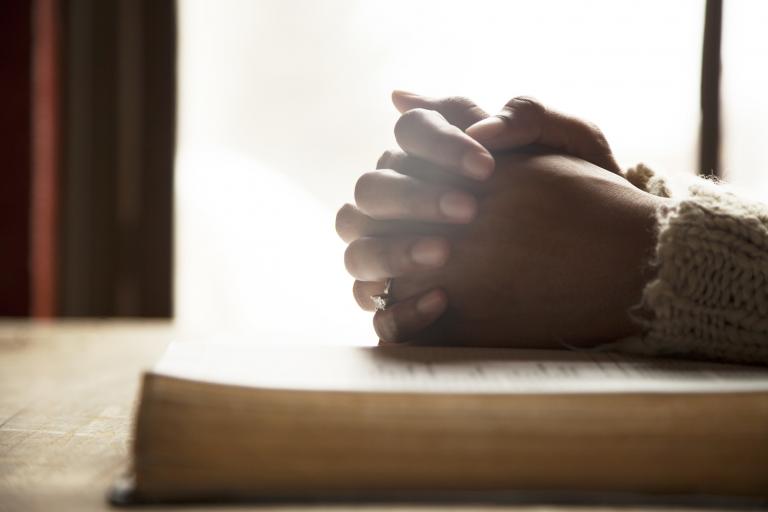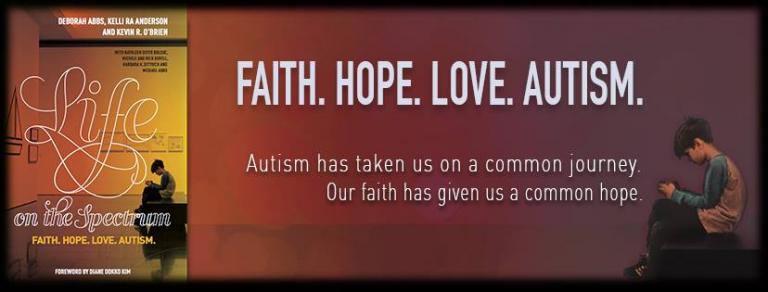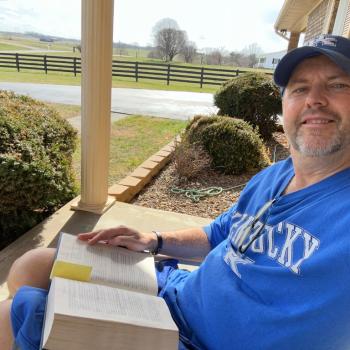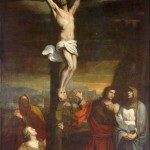We’re at that stage of parenting now where most of our children are in late adolescence or young adulthood. Our close friends are right there with us as we guide our children toward greater independence and agency. We proudly announce graduations, engagements, a move to a new city and that first big job. But there’s been another noticeable shift in conversations with fellow mothers, particularly in the past year: it’s a collective concern for the mental health of our children. It’s a hard stage of life as it is and, in many ways, an oppressive climate to be coming of age. The question of identity is at the forefront in a way that I don’t think it was for my generation. It’s been shown that there has an increase in the number of adolescents facing mental health crises. Mental health disorders are the hidden disabilities. Beyond the statistics, I’m seeing real-life examples among the young people I know and care about. For many of us, it has taken us by surprise—their sudden dive into depression, an inability to cope and adapt to the normal pressures and demands of school and life. For most, it will be temporary, but experience tells me that for some, symptoms will ebb and flow throughout their lives. We cry out to God for wisdom, and privately we ask each other to join us in praying. But are there truths we have lived and learned as parents in our own darkest times that can offer a foundation of hope to our children?
I was about seven years old when the first signs emerged of my own battle within my mind. For months, maybe years, a traumatic experience left me with unwanted repetitive thoughts of dread and shame. A move to the United States and my first winter at 15 brought on depression with a vengeance. By the time I entered college in my late teens, I found myself unraveling under the weight of fears, anxieties, and thoughts of self-harm. In fact, it was amid a dark and confusing time as a twenty year old that the Lord called me to himself. Still, post-partum OCD left me fearful and hyper vigilant in my child-bearing years, and ever-present has been a vulnerability for depressive episodes.
We who struggle with disorders of our thinking and emotions tend to be embarrassed and afraid to tell the truth about who we are, even within the fellowship of the church. We erroneously equate holiness with mental wholeness. We feel the weight of the expectation of a neat testimony of freedom in Christ, but that kind of freedom can be elusive, and it can easily become the chief pursuit and aim in and of itself. What I have learned is that God uses the very thing we consider our reproach and our trial to reveal his grace and goodness. He means for us to cling to him and be satisfied in him in and through it, and it is from that place of rest that we press on toward holiness.

A few months ago, I commissioned my youngest to hand-letter a verse on the wall above my reading nook. I chose the 1917 JPS wording of Psalm 63:8: My soul cleaveth unto Thee; Thy right hand holdeth mefast. I’ve loved that verse because it brings to my mind an image of intimacy to which a mother’s heart can relate—a child carried by the safe arms of her parent. The mental picture Psalm 63 evokes, though, is not that of an infant sleeping unawares, but of the child grabbing hold for dear life. It’s the photo I saw recently of a little refugee girl clinging to her father as he cradled her to the safety of a Greek island’s shore from their capsized boat. It’s the feeble, but tenacious grasp of the believer, the true power being in the arm of the Father who holds fast.
David writes in the crucible of life, and he communicates our full range of human emotions. Psalm 63 stands out for the way it encapsulates what I’ve learned these nearly 30 years of pursuing and holding onto to the Lord through the most challenging seasons of my mind. These are the truths I want to convey to my own sons to help them keep perspective and rightly ordered desires even as they feel the press of the life and battle with despair. Isolated in the wilderness of Judah, the psalm captures him mid-journey toward that place of resting in God. There’s a progression one can see across the two previous psalms: David cries to the Lord desperately in search of refuge from his enemies: “Lead me to the rock that is higher than I.” He finds and expresses his confidence and safety in the Lord and declares, “Trust in him at all times, O people; pour out your heart before him. God is a refuge for us.” But then, in this final psalm we see his focus shift from his enemies and even his own welfare to desire for God alone. He comes to understand that within the love of his powerful and glorious God he has everything he truly needs or wants: “Your steadfast love is better than life.” His enemies are real and danger present, but he shifts his gaze away from them, away from self, and unto God in trust and worship. There remains a mood of desperation in the psalm, but now, David’s thirsting, fainting, and earnest grasp are toward true treasure.
I see the same progression in my own journey with the Lord. Certainly, it was desperation for relief from my own enemies—within and without, real and imagined—which drove me initially to repentance and faith in Christ as a young adult. But it was not until ten years ago that the Lord began to lead me out of the darkness of fear and into hope and light and a deeper trust in him. It started with a correction of my theology. I came to understand for the first time the sovereignty of God over all, including my children’s disabilities and my own struggle with depression and anxiety. He “works all things according to the counsel of his will,” and for his glory and our good. Joni Eareckson Tada has said that God permits what he hates to accomplish that which he loves. And what he loves is that we see him and his glory, and therefore be changed. Even depression and challenges with mental health must be held in perspective as under the control of God. It is being used by him to point us to himself and to change us into his image.
Like David, a crucial lesson for our children must be the need for a reorientation of their hearts from self to God. In the narrowness of my world, my mindset had been one where the Lord existed to serve me and my needs. It took years for my focus to shift from seeking him solely for relief and rescue to seeking him primarily to know and worship him. This is what I want our children to understand: the true path to the freedom they seek is in turning their attention to the pursuit and worship of God in the time of trouble. It’s in holding that gaze upon his power and glory. It’s in finding their completeness and identity in him, and thus in him finding the relief and refuge they seek. In other words, fear the Lord and he will deliver you from your fears. In Christ, they need never be ashamed. In fact, they can embrace their weakness. They can look at the journey they now travel with the perspective of the promises that he will carry them. He will never abandon them to the trials of this life, but he will use them, even strengthen the through them. Therefore, press on with the patience and endurance he will faithfully give, knowing they do not trod alone or in their own strength.
Michele Bovell and her husband, Rick, are parents to five adult and teenage sons, including two on the autism spectrum. The Bovells volunteer with Joni and Friends, and together they serve in local group homes sharing Christ’s love with adults with intellectual disabilities and helping them do what they are designed to do: worship the Lord. Michele is a contributing author to the recently published book, Life on the Spectrum (lifeonthespectrumbook.com).

















